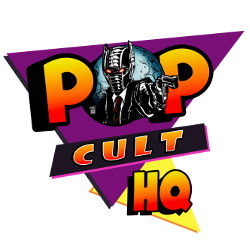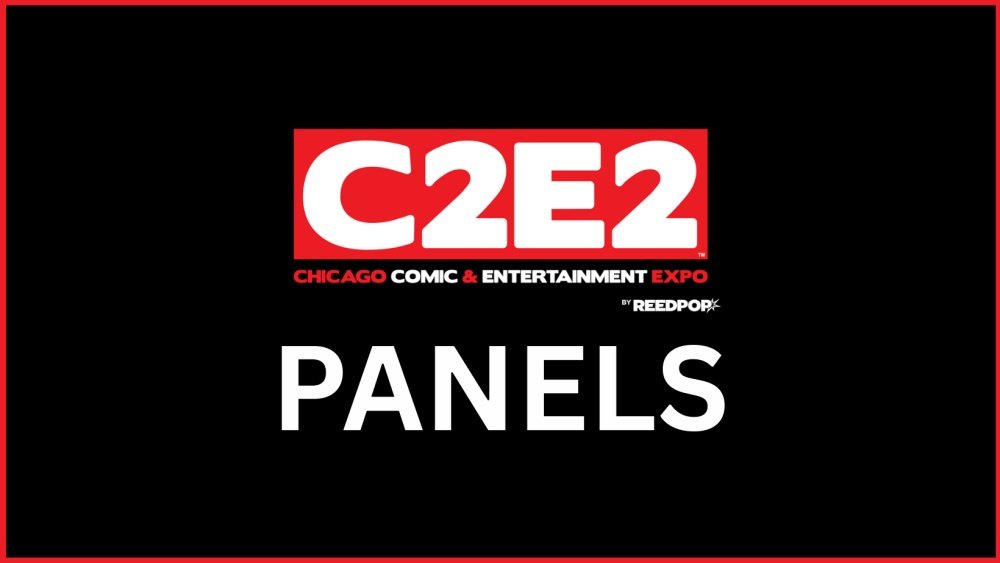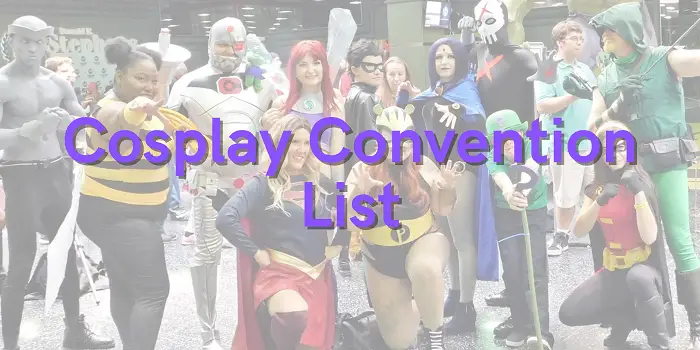Hopefully before you’ve gotten to this stage, you have looked over my previous article on How to Start A Convention. If you haven’t, then I suggest you read it and consider the advice. There are a lot of good resources out there, use them.
Over the last few years, I have looked at a LOT of convention pages and I’ve noticed the same things over and over. These are the same things that both vendors and attendees complain about. We can’t find the information we need and want.
Remember, first impressions are important and a good front page layout will quite often be the only thing between someone actually looking at your event, and just moving on to the next one.
Home Page
- Put the date clearly on the front page. Make sure the date also has the year. Just putting March 19 doesn’t tell someone if they are still looking at last year’s dates. Some conventions dates are feasible in consecutive years which can make things confusing. March 19, 2017 is a Sunday, yet March 19, 2016 was a Saturday. If someone is trying to schedule multiple things then they really need to know when your actual date is and that they are looking at this year’s event.
- Put the date near the top of the page, on its own, not wrapped around your logo. It needs to be one of the first things seen when the page loads. Nobody wants to scroll through an entire page just to find that you stuck the date in the middle of a paragraph or in your page footer.
- Make it very clear what city and state the event is in. Just because you know that Racine is in Wisconsin, doesn’t mean that everybody else does. It is doubly important if your event is in a city with a rather generic name, like Springfield. There are apparently five Springfields in Wisconsin alone.
- Make it easy to read. Don’t use obscure, hard to read text for the vital information. Some of the fonts make it difficult to decipher between an ‘8’ and a ‘3’ or a ‘5’ and a ‘6’. Use the fancy fonts and graphics to get attention, not to relay the vital information.
- Avoid home pages that are loaded with music and videos. A GIF or two is fine, but not everyone is at the same level of technology and not everyone has a good signal that can download all that extra stuff. If we are just quickly flipping to your site to verify location and date, we don’t want to spend extra time waiting for things to load.
- And just to reiterate point #5, do not make your first page nothing but a video/music ad, save that stuff for further in the website.
- Keep the colors reasonable and easy to read. Don’t use yellow on white, don’t use pale greys on black etc. Use reasonably contrasting colors so your site can be easily read
- Before you go live, ask people to look at it on different devices and give you advice on what needs improvement.

The Rest of the Site
- Make it easy to figure out ticket prices before you start putting them into your basket.
- Don’t go into a ridiculous amount of tiers or ‘extras’ packages. A small convention doesn’t need to create five different ticket levels.
- List nearby hotels that are offering you special rates, and put the rates on the site, if possible, as well as links to those hotels’ websites.
- Give the actual full address of the convention, one that people can enter into their GPS. XYZ Convention center and Jello Hall do not cut it. People want to know a physical address.
- List the actual times of the conventions. Make sure that people know when the front doors open and when they close.
- Have a separate page for Vendor FAQs that include load-in and out times, accessibility, type of loading doors/dock, and what tools/people will be available to help. It’s also a good thing to let vendors know ceiling heights of the room, so they can plan their vertical layout, and the height of the garage and loading doors.
- Keep it updated! You may not be able to update it daily, but once a week, or even once a month is better than putting it up and leaving it.
Once again, these are in no way the definitive be-all and end-all rules for a convention website. They are only a guideline…a place to start.
In the meantime, definitely provide comments on what you want to see in a convention, mistakes in a convention, and advice for anyone running one.





